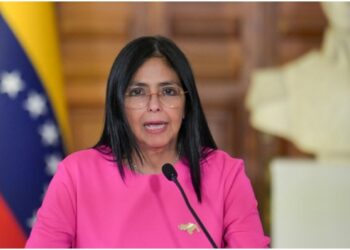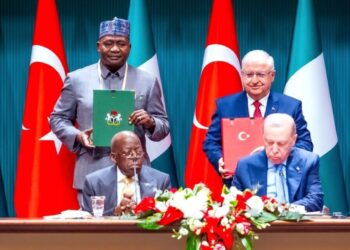The British government has outlined sweeping reductions to its foreign aid budget, with programs supporting children’s education and women’s health in Africa set to bear the brunt of the cuts. The move follows February’s announcement of a 40% decrease in aid spending from 0.5% to 0.3% of gross national income to redirect funds toward defense amid pressure from the U.S.
A newly released Foreign Office assessment warns the cuts will disproportionately affect African nations, slashing support for water sanitation and maternal healthcare, which could heighten risks of disease outbreaks and preventable deaths. Aid groups have condemned the decision, arguing it abandons the world’s most vulnerable populations.
While multilateral programs like the World Bank and Gavi vaccine alliance will remain funded, bilateral aid—direct support to recipient countries faces steep reductions. The government has not specified which nations will lose funding but emphasized strategic reprioritization to maximize efficiency. Critics note this contradicts earlier assurances that crisis zones like Sudan and Gaza would be protected.
Baroness Chapman, the development minister, defended the cuts, stating every pound must “work harder” for British taxpayers and global aid recipients. However, International Development Committee chair Sarah Champion countered that the savings come at the expense of marginalized communities, particularly women and children in conflict zones like South Sudan and Somalia.
The backlash has been sharp. UNICEF warned of a devastating and unequal impact on children, urging the UK to allocate at least 25% of aid to child-focused initiatives. British charity Street Child confirmed the cuts will terminate education programs in Sierra Leone, DR Congo, and South Sudan, where UK aid previously enabled school access. CEO Tom Dannatt called the decision “sad and short-sighted,” predicting more children will now be forced into labor instead of classrooms.
The reductions mark a stark reversal from the 0.7% aid target enshrined in law by David Cameron’s government after being championed by Labour leaders Blair and Brown. Though the Conservatives blamed COVID-19 for the initial 2021 cut to 0.5%, the latest decrease reflects a broader political shift with one minister acknowledging dwindling public support for aid spending.
As the World Bank’s IDA fund secures £1.98 billion in UK support, critics argue the prioritization of multilateral over bilateral aid risks leaving grassroots programs and the lives they sustain in peril. With Africa’s most fragile regions facing reduced health and education funding, the long-term consequences may far outweigh the short-term fiscal savings.



































